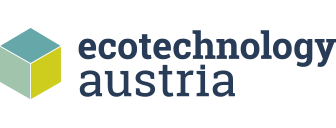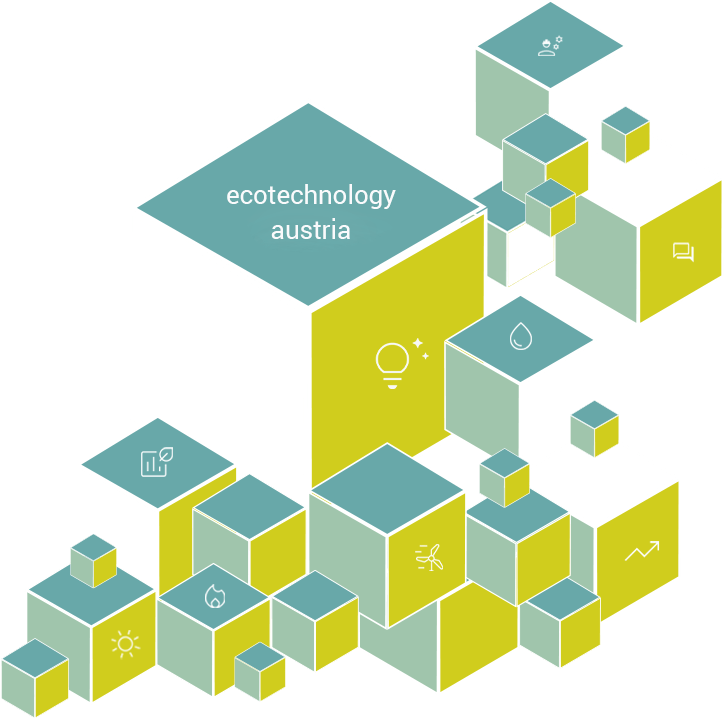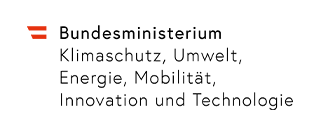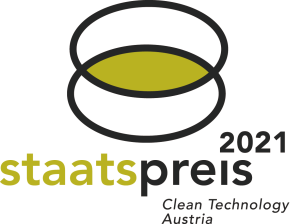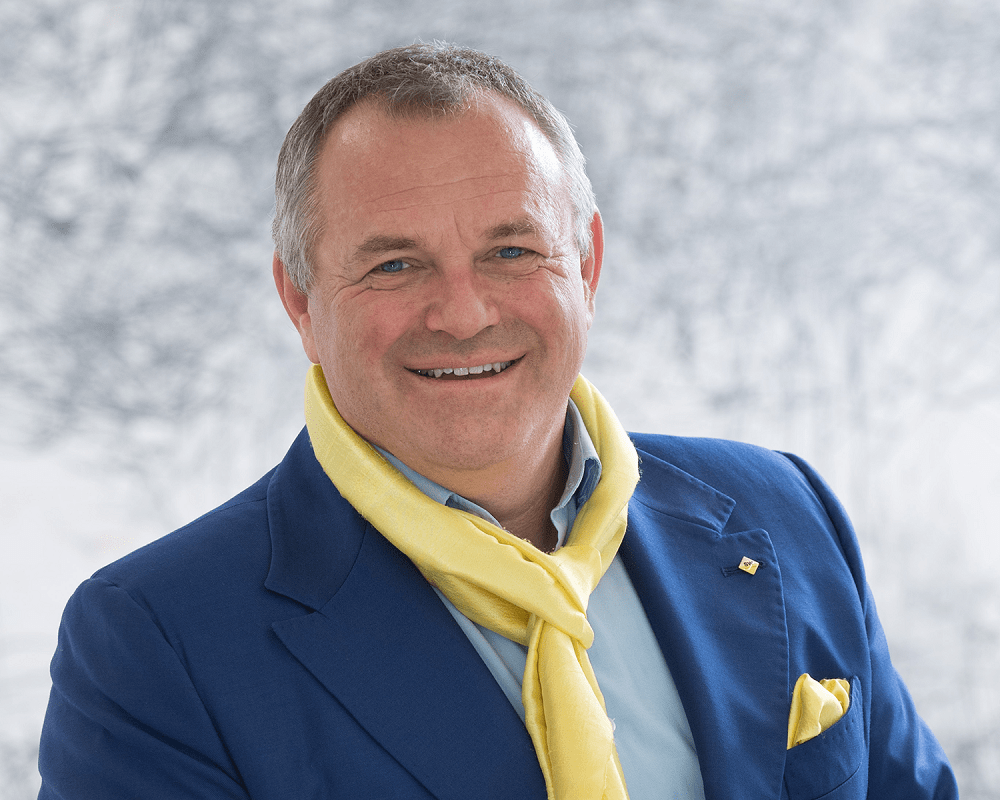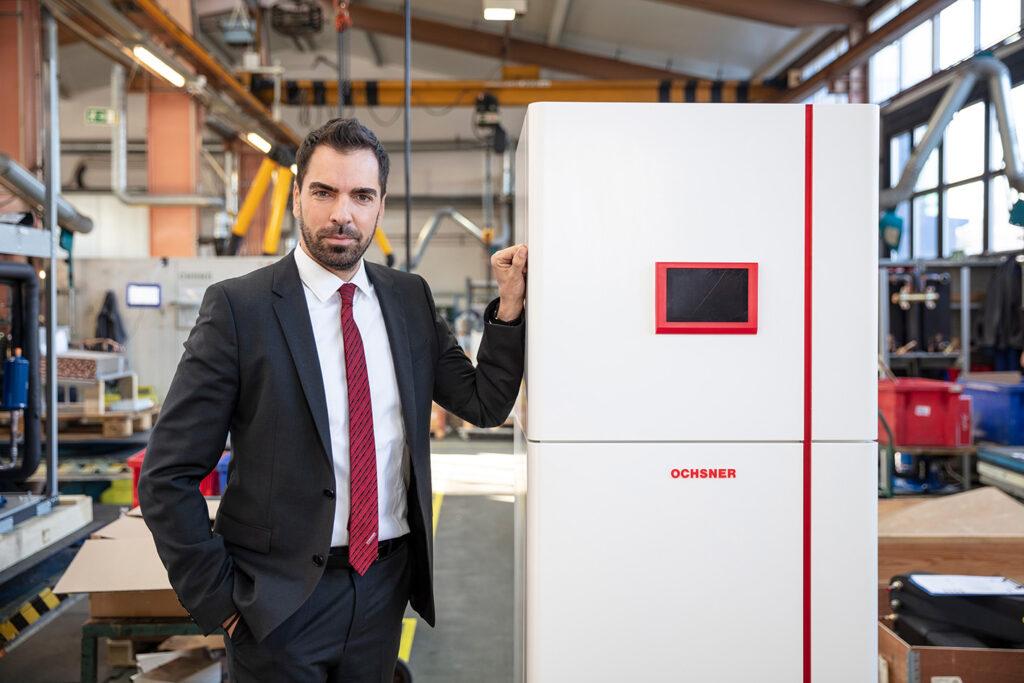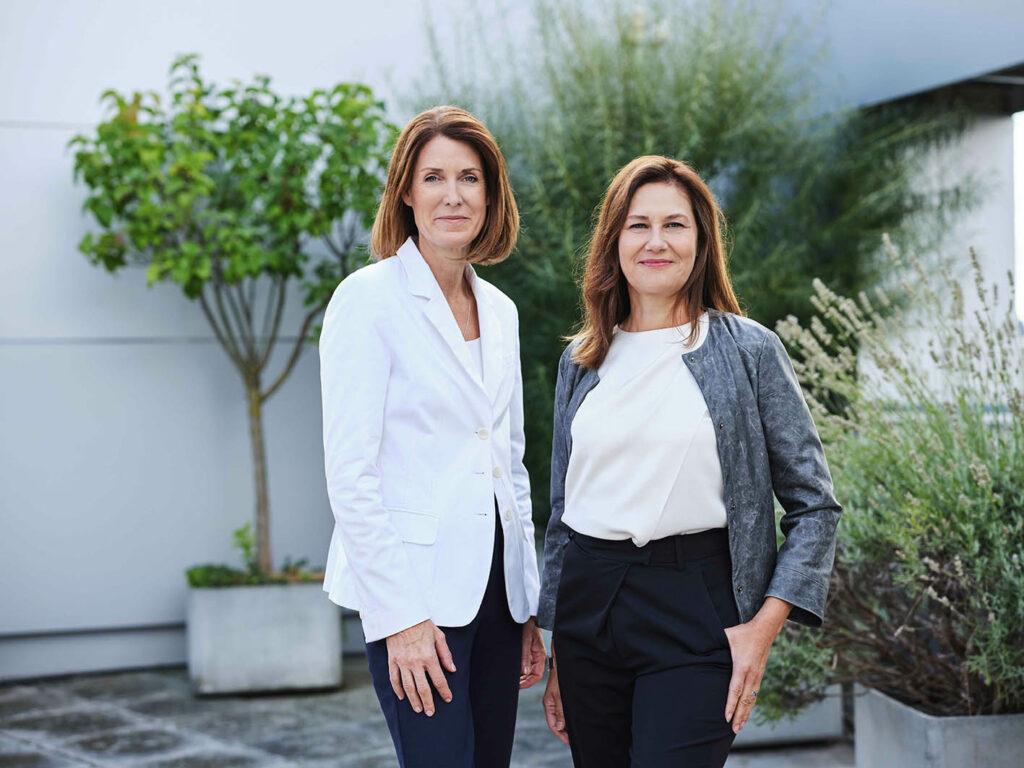Herzlich Willkommen
Österreichische Unternehmen der Sparte Umwelt- und Energietechnologie gelten seit jeher als besonders innovativ, zuverlässig und zukunftsträchtig und nehmen im internationalen Vergleich eine Spitzenposition ein. Um das komplexe Angebot effizient verfügbar zu machen, werden hier die bestehenden Datenbanken der Projektpartner virtuell zusammengeführt.
News
Social Media News
Video zu:
Österreichische Kompetenzen & Technologien für die ganze Welt.
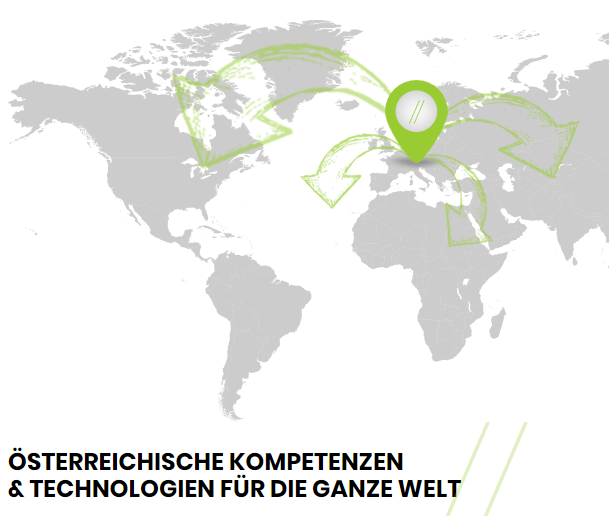
Play Video about Österreichische Kompetenzen und Technologien für die ganze welt
Don’t waste / Invest. Wenn aus Abfall wieder Wertstoffe werden. Welche Herausforderungen bringt die zunehmende Urbanisierung.
 Termine & Veranstaltungen
Termine & Veranstaltungen
Hier finden Sie alle wichtigen Termine und Veranstaltungen.
Unsere Beiträge und wichtige Links
Neueste Informationen und Präsentationen
Hier finden Sie Informationen zum Grundlagendokument Kreislaufwirtschaft, der FTI – Initiative, zur Vorzeigeregion Energie und zum AWS Investitionsschutz.
Die UT-Präsentationen zur Leistungsfähigkeit und Innovationskraft der österreichischen Umwelttechnologien in verschiedenen Sprachen sowie die aktuellen Umwelttechnologietermine finden Sie hier
Interviews mit Geschäftsführerinnen und Geschäftsführern der Branche
Teile unsere Inhalte
Facebook
X (Twitter)
LinkedIn
Teile unsere Inhalte
Facebook
X (Twitter)
LinkedIn
Teile unsere Inhalte
Facebook
X (Twitter)
LinkedIn
Good Practice und Unternehmens-Verzeichnis
Hier finden Sie mehr Informationen zu den einzelnen Unternehmen
Good practice
Innovative Beispiele zeigen Technologien und Projekte heimischer Unternehmen im In- und Ausland.
Unternehmens-Verzeichnis
Sie suchen ein Unternehmen im Bereich Umwelt-Technologie?
envietech
Die nächste Fachveranstaltung für Energie- und Umwelttechnologie findet demnächst statt. Weitere Informationen dazu finden Sie in Kürze hier.
